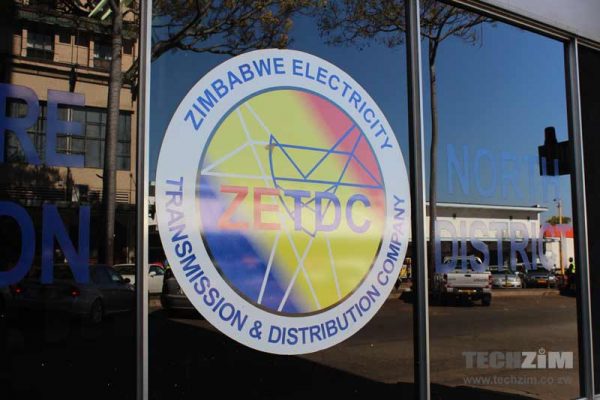Government has set aside an agreement requiring ZESA Holdings to pay half of coal supplies in foreign currency, Energy and Power Development Minister Zhemu Soda said.
In April last year, the power utility and coal miners agreed that 50 percent of coal be paid in foreign currency, but the agreement had not yet been implemented due to incapacitation of ZESA.
The deal had been hammered to support miners, that badly needed hard currency to sustain operations in light of forex shortages that were prevailing at the time.
Availability of foreign currency has since improved after Reserve Bank of Zimbabwe launched the foreign currency auction system in June last year, with more than US$350 million having been allocated to various sectors of the economy.
This has brought stability to the exchange rate and prices.
ZESA is being paid in foreign currency by some exporters, particularly mining companies and the deal entailed coal miners be partly paid in forex to support operations.
This relates to continuous recapitalisation and procurement of spares, fuel and consumables.
ZESA consumes about 90 percent of coal produced locally which is fed into its 730MW thermal plant in Hwange and three other small stations in Harare, Bulawayo and Munyati.
“We would have wanted that to happen but ZESA does not have that kind of money,” Minister Soda told Business Weekly in an interview on Wednesday. “I met the miners and I was clear that ZESA is even struggling to settle some of its liabilities in local currency. Certainly, attempting to pay in forex will be disastrous.”
Minister Soda said while ZESA was being paid in foreign currency by some exporters, some are struggling given coronavirus induced international trade disruptions.
He said given that the agreement was reached before the introduction of the foreign currency auction system, access to foreign currency had since “greatly improved.”
“Forex is now obtainable on the auction system and we are encouraging them to receive payments in Zimbabwean dollars,” Minister Soda said. “As a ministry, we can assist to write recommendations so that they can be prioritised. Remember, ZESA has other obligations that need to be paid in foreign currency such as imports and if we put pressure on the little forex they have, we will be switched off.”
ZESA has been struggling to pay coal miners in local currency and the debt at some point ballooned to over $1,2 billion. The power utility experienced a severe deterioration in cash flows between March and September last year and this was largely due to a sub economic tariff, which had not been adjusted upwards in line with inflation and exchange rate.
The coal miners had warned of severe disruption of the commodity to thermal stations, arguing that failure by Zesa to clear the debt was incapacitating the producers.
This was going to have an adverse impact on the country’s power situation.
So dire was the situation that the power utility had at some point approached Treasury for a bailout.
In an interview on Wednesday, Coal Producers Association chairman Ray Mutokonyi said there was an improvement in payments, with schedules now between 30 and 50 days, from 90 to 100 days before.
“There is a huge improvement in terms of payments for coal supplies,” said Mutokonyi. “Zesa has substantially reduced its debt.”
Apart from thermal stations, Zesa owns Kariba hydroelectric plant with a capacity of 1050 MW.
It also imports power, mainly from South Africa and Mozambique.
Business Weekly




